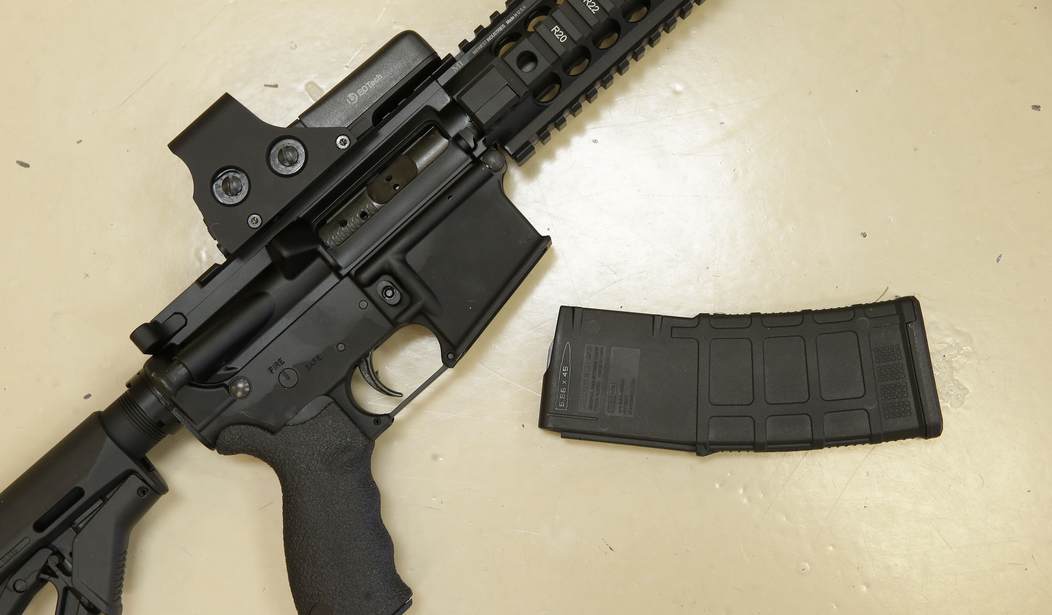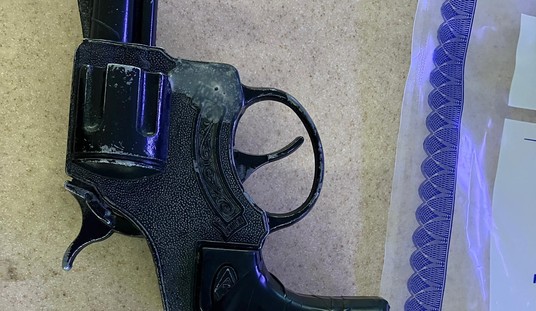A three judge panel on the Ninth Circuit Court of Appeals has already upheld a decision by U.S. District Judge Roger Benitez striking down the state’s ban on magazines that can hold more than ten rounds of ammunition, but the appeals court is going for a do-over this week. An en banc panel of eleven judges on the Ninth Circuit will hear oral arguments on Tuesday in the case known as Duncan v. Bonta (formerly Duncan v. Becerra), and gun control activists are hoping that the second look at the magazine ban will lead to the law being upheld.
Esther Sanchez-Gomez, an attorney at the Giffords Law Center to Prevent Gun Violence told Courthouse News in an interview 70% of Americans support bans on large capacity magazines.
“States are always allowed to go beyond what the federal government has decided to do,” Sanchez-Gomez said.
She added: “Just because the federal government has acted, and then the federal ban on large capacity magazines is no longer in effect, that doesn’t affect California’s ability to also regulate and ban large capacity magazines.”
No, states (and localities) aren’t automatically allowed to go beyond what the federal government has done. If that were the case, then Chicago’s ban on handguns wouldn’t have been thrown out by the Supreme Court in McDonald v. Chicago. As Justice Samuel Alito wrote for the majority in 2010:
We have previously held that most of the provisions of the Bill of Rights apply with full force to both the Federal Government and the States. Applying the standard that is well established in our case law, we hold that the Second Amendment right is fully applicable to the States.
The question isn’t whether or not California can ban commonly-owned ammunition magazines even though a federal ban isn’t in place; it’s whether the state’s ban on these magazines violates the Second Amendment rights of residents by banning arms that are in common use for lawful purposes. The three-judge panel that originally heard the appeal last year concluded that yes, the state’s law simply goes too far.
California’s law imposes a substantial burden on this right to self-defense. The ban makes it criminal for Californians to own magazines that come standard in Glocks, Berettas, and other handguns that are staples of self-defense. Its scope is so sweeping that half of all magazines in America are now unlawful to own in California. Even law-abiding citizens, regardless of their training and track record, must alter or turn over to the state any LCMs that they may have legally owned for years — or face up to a year in jail.
The state of California has latitude in enacting laws to curb the scourge of gun violence, and has done so by imposing waiting periods and many other limitations. But the Second Amendment limits the state’s ability to second guess a citizen’s choice of arms if it imposes a substantial burden on her right to self-defense. Many Californians may find solace in the security of a handgun equipped with an LCM: those who live in rural areas where the local sheriff may be miles away, law-abiding citizens trapped in high-crime areas, communities that distrust or depend less on law enforcement, and many more who rely on their firearms to protect themselves and their families. California’s almost blanket ban on LCMs goes too far in substantially burdening the people’s right to self-defense.
While this opinion wasn’t the last word in Duncan v. Bonta, the eventual en banc decision isn’t likely to end the legal challenge to the state’s magazine ban either. If the previous decisions are overturned by the Ninth Circuit, the plaintiffs will undoubtably appeal to the Supreme Court, and if the en banc panel upholds Judge Benitez’s opinion then the state of California will most likely decide to take their chances with a SCOTUS review as well.
However, the nine justices on the Supreme Court will have a chance to weigh on another magazine ban case before the en banc panel of Ninth Circuit judges decides the Duncan case. A challenge to an almost-identical magazine ban put in place in New Jersey is currently before the Court, though it will probably be some time this fall before we learn whether or not SCOTUS will accept the case.
Just like California’s law, New Jersey’s magazine ban required all existing owners of “large capacity magazines” to either hand them over to police, destroy them, or remove them from their possession. As attorneys for the Association of New Jersey Rifle & Pistol Clubs argued in their cert petition to the Supreme Court, that makes the law unconstitutional from a couple of perspectives.
New Jersey’s new law does not stop at banning the purchase of such magazines prospectively; it applies retrospectively to treat any non-compliant magazine as contraband no matter how long, lawfully, or safely it has been possessed. The law is thus unconstitutional twice over. This Court in District of Columbia v. Heller held that the Second Amendment protects arms that are “typically possessed by law-abiding citizens for lawful purposes,” which concededly describes the magazines here to a T. And dispossessing citizens of lawfully acquired property without just compensation effects an impermissible physical taking.
I wouldn’t expect a quick decision from the en banc panel considering the California magazine ban. The most likely scenario is that the appeals court will wait to see what SCOTUS does with the New Jersey case, and if the Supreme Court does accept ANJRPC v. Grewal, the Ninth Circuit will probably put the Duncan case on hold pending the outcome of that challenge.
Still, Tuesday’s oral arguments will be an important preview of the issues that the Supreme Court will consider with New Jersey’s ban, and it will be worth following for those of us who are tired of seeing states like California run roughshod over our right to keep and bear arms.








